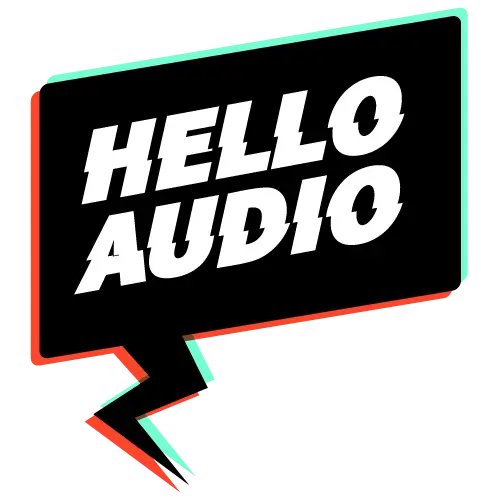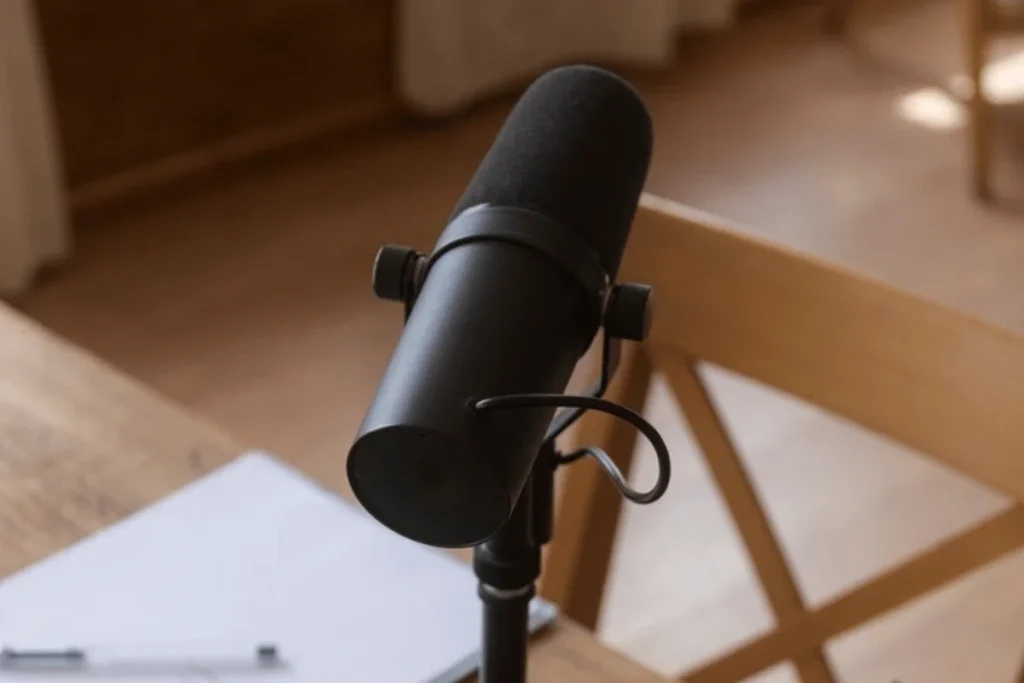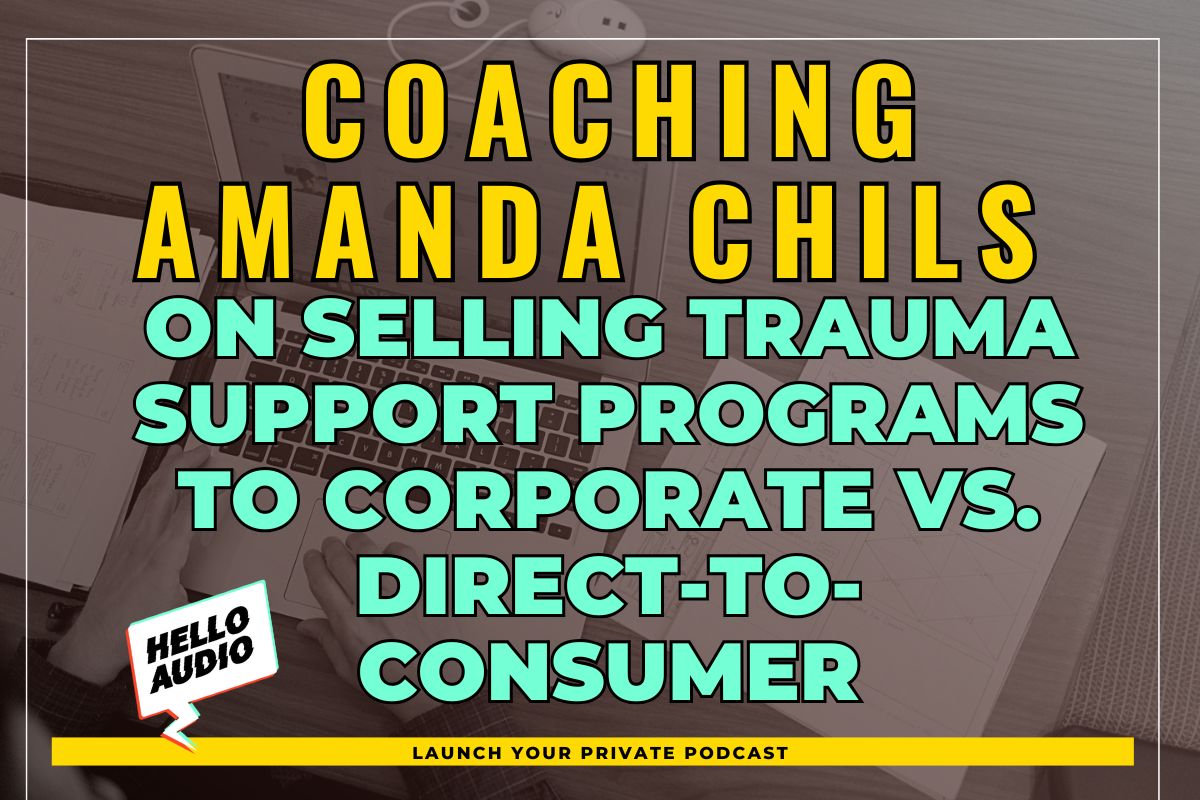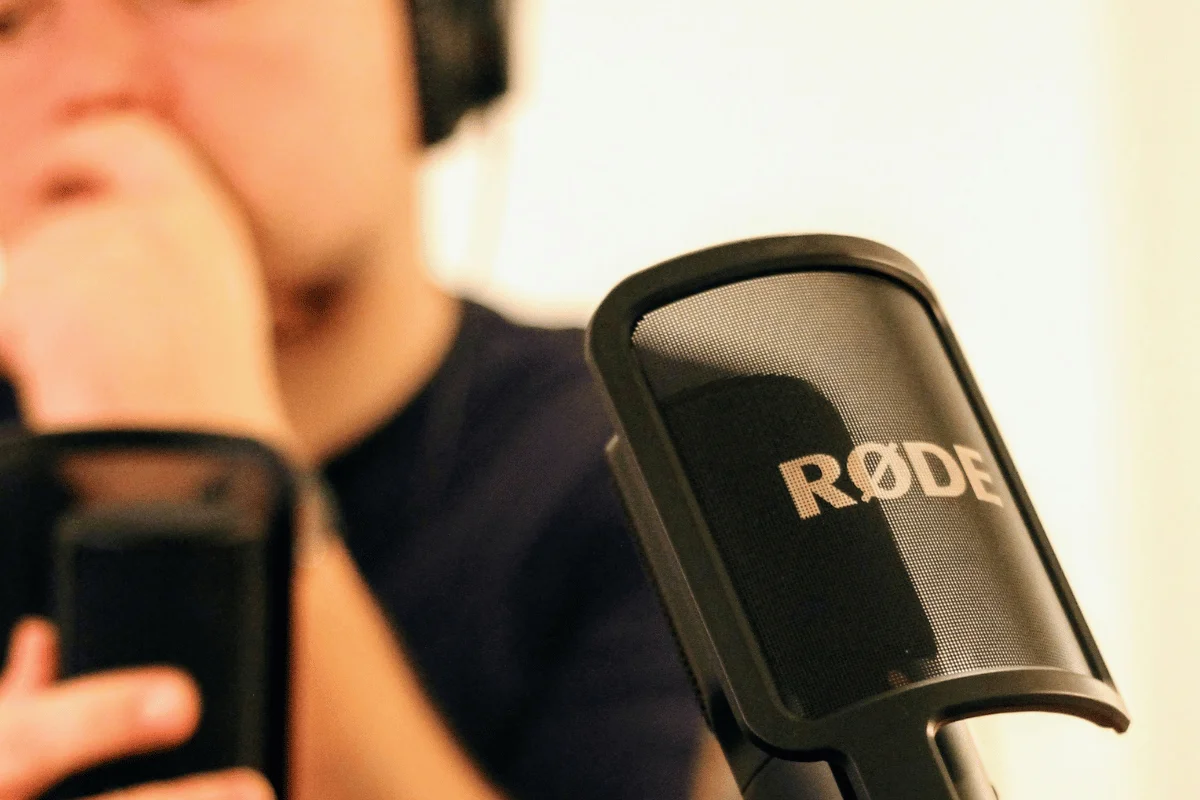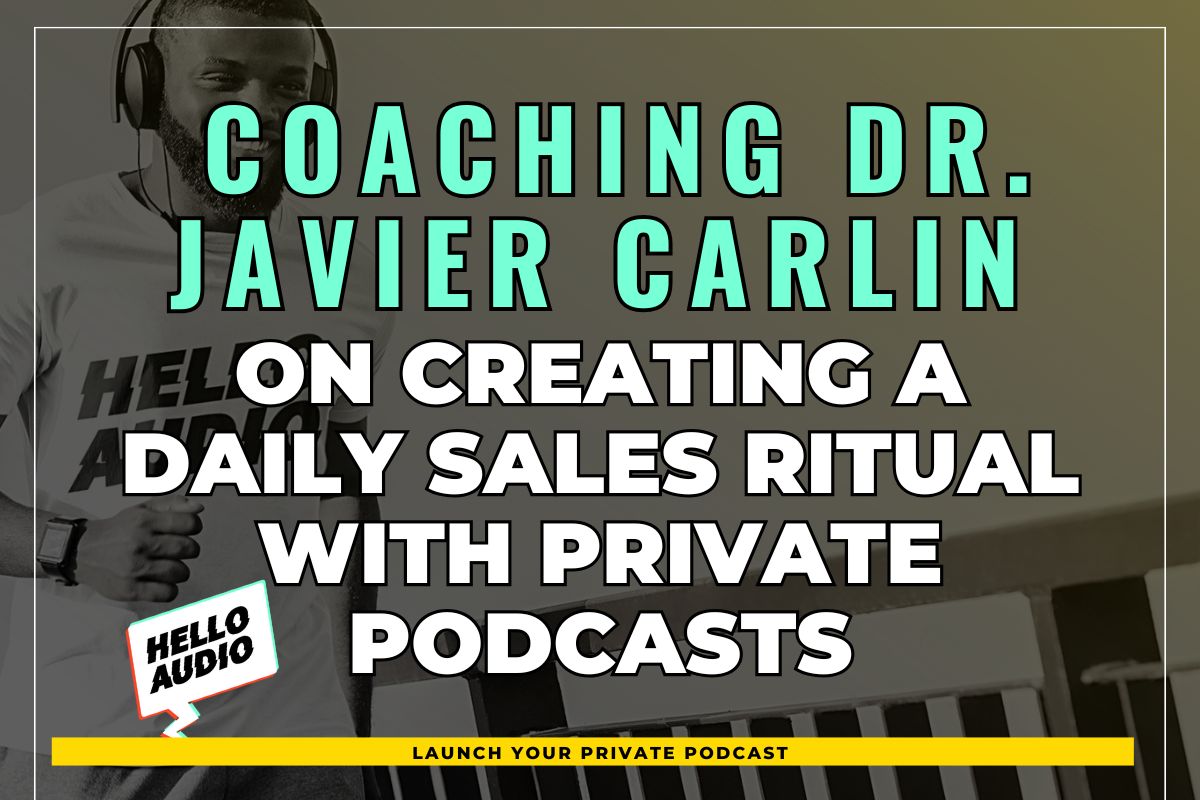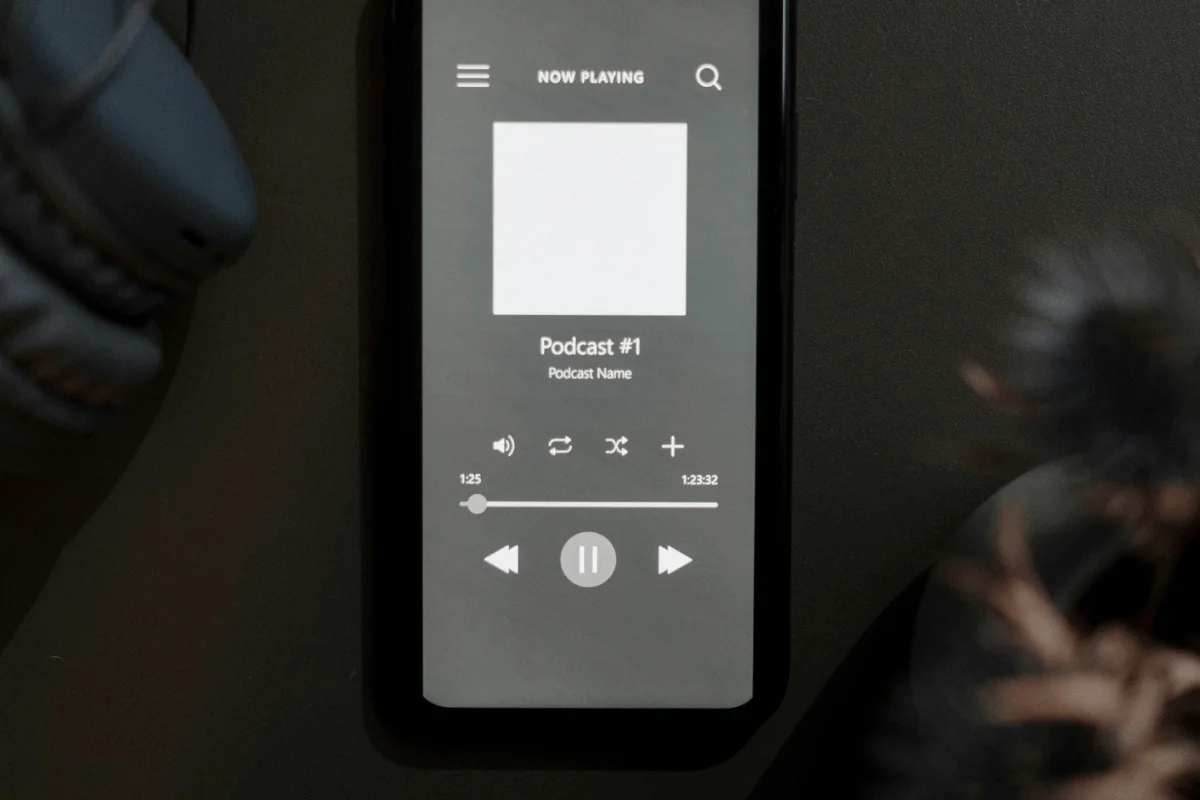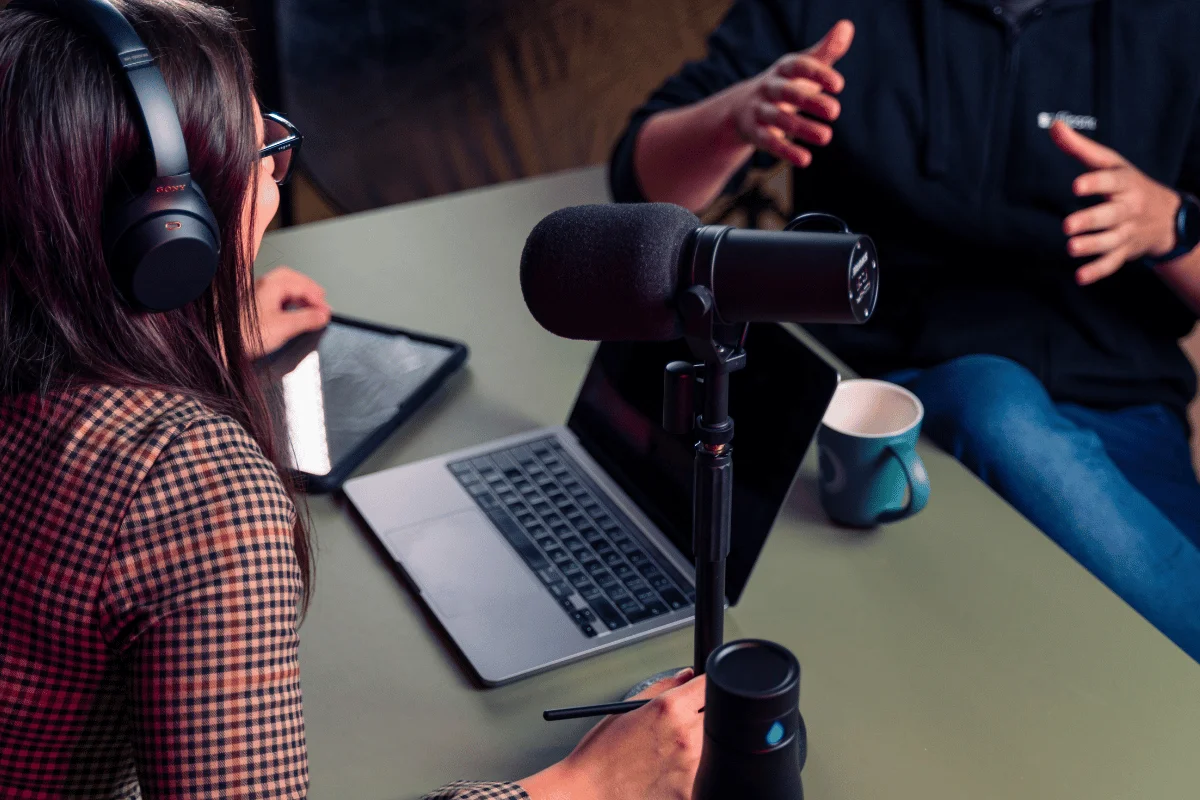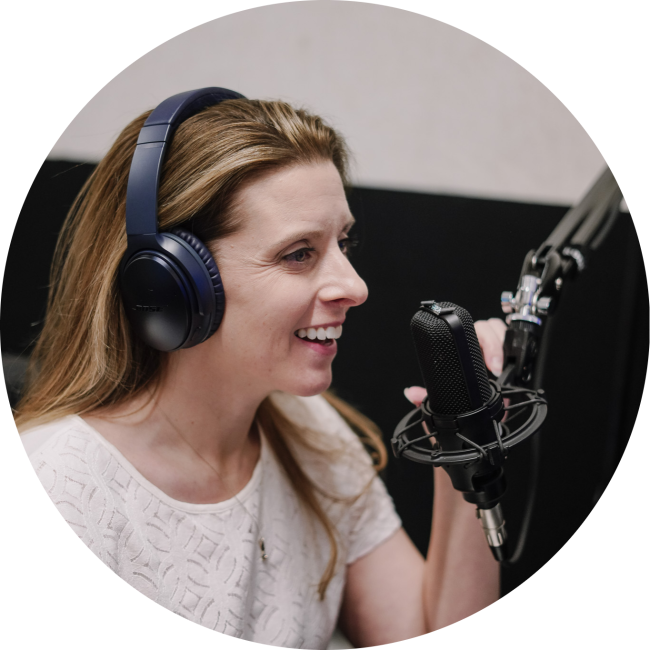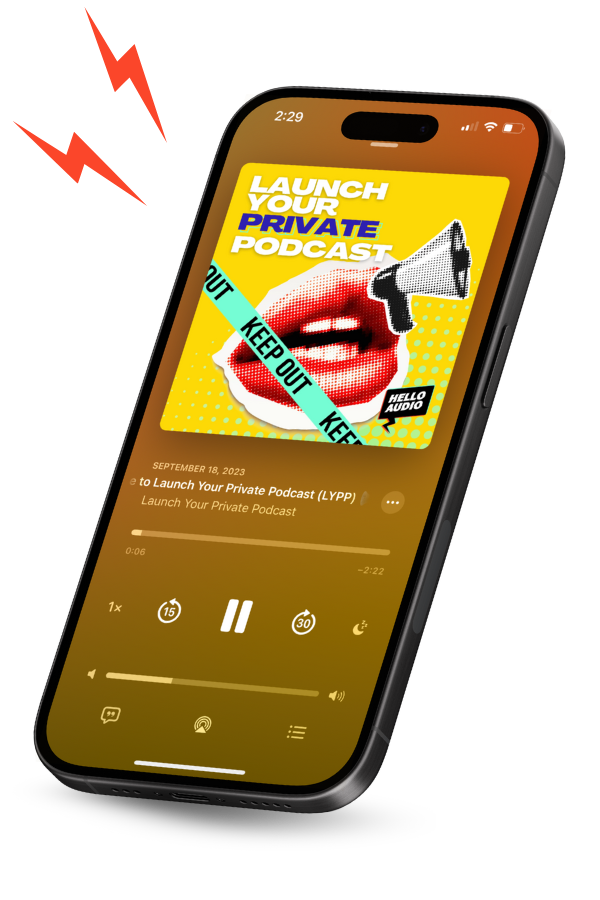Imagine you’re gearing up for your new product launch, but instead of blasting out emails or posting endlessly on social media (which can be redundant), you have a better way to connect with your audience on a more personal level.
We’re talking about private podcasts.
Private podcasts are not just another medium that delivers information. They’re a bridge that turns casual interest into dedicated support. From sneak peeks to behind-the-scenes content, they create an exclusive experience that makes the audience feel personally connected and invested.
Want to know how to make private podcasts a big plus in your new launch?
Hello Audio makes it super easy for you. If you have existing content that can be turned into binge-worthy private podcast feeds, we can get you on track to gain a loyal customer base.
With us, making private podcast feeds will require no editing headaches and no tech overwhelm; you’ll get auto-published audio content your audience can stream on podcast apps like Spotify and Apple Podcast.
Make your launch content more engaging and effective with us. Get started today!
What Makes Private Podcasts Different from Public Ones?
Public podcasts are built for mass audiences. On the other hand, a private podcast is custom-made for smaller and more controlled groups. They aren’t listed in public directories and are often password-protected, listed on private RSS feeds, or other secure apps.
- The biggest difference is access: Private podcasts are invitation-only, while public podcasts are available to anyone who uses platforms like Apple Podcasts or Spotify.
- Another key difference between public and private podcasts is their goal: Public podcasts are usually created to grow an audience and increase brand exposure. They rely heavily on advertising, sponsorships, or merch sales for monetization. Private podcasts are often used for community building, internal communication, or direct monetization through subscriptions and memberships.
To sum up, private podcasts prioritize security, exclusivity, and deeper engagement, while public ones aim for maximum reach.

Why Companies Use Private Podcasting
Companies create private podcasts for their audience as a smarter communication method. Instead of relying solely on emails or social media posts, you can create private podcasts for a personal and exclusive space where potential buyers feel valued.
It’s a great way to build and nurture your audience’s trust, deliver value, and keep them engaged. Creating private podcasts allows brands to offer insider-only content, early access tips, or behind-the-scenes updates, which naturally builds curiosity and a sense of exclusivity. All these factors lead to higher conversions when a new offer drops.
Private podcasts help companies stay top of mind, deepen relationships, and move people from “interested” to “ready to buy.”
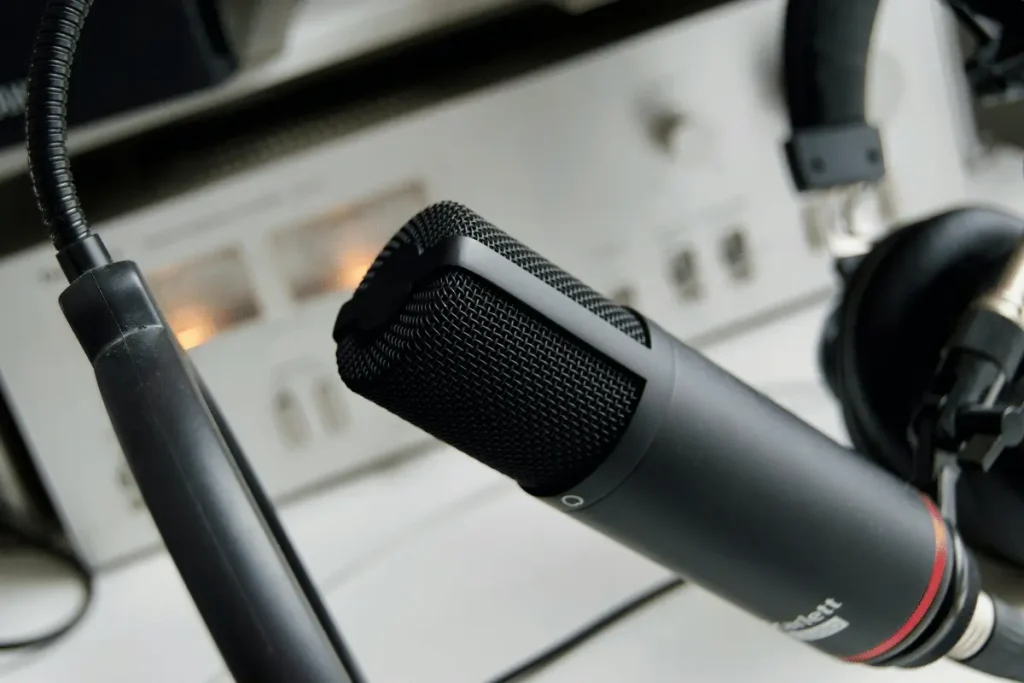
Benefits of Private Podcasts During a Launch
With private podcasts, you can have a massive edge during launch. You can make your content more accessible and engaging without overwhelming your audience.
Let’s look at more benefits of a private podcast that can make your launch a big hit:
Builds Deeper Trust with the Audience
Hearing your voice builds trust in a way that written content can’t match.
A private podcast feels intimate and authentic, as if you’re having an honest conversation with your listeners. This trust can turn casual interest into real buying confidence during a launch.
Creates a Sense of Exclusivity
Audiences naturally feel special when they get access to exclusive content. Offering access to “insider-only” content makes listeners feel like they’re part of the conversation.
This heightened sense of belonging keeps your audience paying close attention and ready to act when you open your cart.
Fits into Busy Lives
A launch can be a bit overwhelming for your audience because of hefty emails and social media posts.
A private podcast gives them a breath of fresh air, something they can easily listen to while multitasking, commuting, or working out.
Keeps You Top of Mind
Frequent podcast episodes keep your offer front and center, but it doesn’t feel like constant selling because you deliver value through stories, tips, and insights.
It feels natural, making your audience more receptive and excited when it’s time to make a purchase.
Warms Up Leads and Increases Conversions Naturally
By the time you launch your product or service, listeners will already know who you are and may have started liking and trusting you. They will have heard your voice, learned from you, and built relationships.
When you finally drop the offer, it doesn’t feel like a hard sell but like the next obvious step.

How to Start a Private Podcast During Product Launch
A product launch in itself involves a lot of work, and adding a private podcast creation to it might be a little overwhelming. But with the right approach, it can be surprisingly simple and incredibly effective.
Here’s how you can start your private podcast:
1. Choose the Right Platform for Hosting
The first step is to find a secure platform to host your private podcast. Look for platforms that allow you to create private RSS feeds that are only accessible to those you invite.
This ensures that only the people you want to listen to your podcast get access, keeping your content exclusive.
2. Plan Your Strategy Around the Launch
Your podcast’s content should complement your launch, not overwhelm it. Think about what you want to share in the weeks leading up to the launch and break it down into a series of episodes.
For example, you can share:
- Teaser episodes that build excitement.
- Behind-the-scenes discussions about product creation.
- Sneak peeks or early access to key features of your product.
- Expert interviews or success stories that add credibility.
Make sure the content flows logically and builds anticipation for your launch.
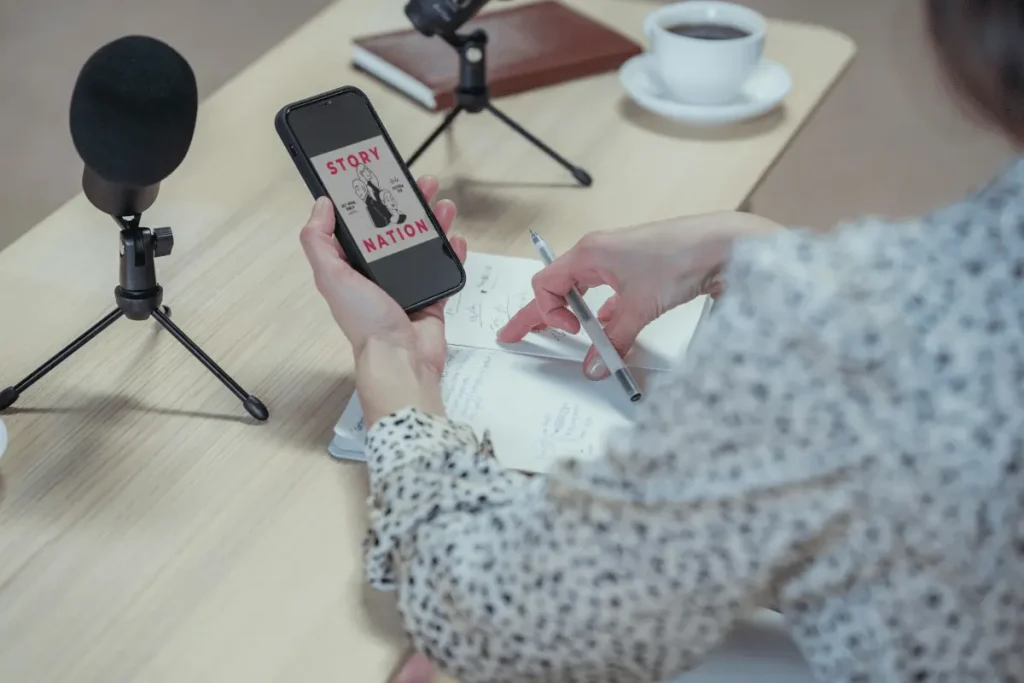
3. Create High-Quality Audio Content
While creating a private podcast feels like a natural addition to your marketing, it will not have much impact if the quality isn’t great. Although you don’t need a studio, good audio is a must.
Invest in a good microphone (even a quality USB mic can make a big difference) and eliminate background noise. Keep your episodes concise and engaging, with clear and energetic delivery.
Authenticity matters, but don’t let poor audio distract from your message.
4. Secure Your RSS Feed for Private Access
Protecting your content is one of the most critical steps in starting a private podcast.
When you create a private podcast, you must generate a secure, private RSS feed. This feed will allow listeners to access the podcast only with the proper credentials.
5. Promote and Distribute Your Private Podcast
To drive sign-ups, you need to promote your podcast in a way that excites your audience. Offer exclusive access as a reward for signing up for your email list, or it can be a bonus for early adopters. Use urgency, like “first 100 listeners” or “exclusive to email subscribers.”
Once ready, here’s how to distribute the podcast:
- Email access links with clear subscription instructions.
- Use a password-protected page if hosting it on your site for added security.
- Limit listeners or create a “first come, first served” feeling.
Before going live, you can test the process with a small group of people to ensure everything runs smoothly.

6. Engage Your Audience Throughout the Launch Period
Once your podcast is live, it’s time to keep the momentum going. Release new episodes regularly and encourage your listeners to provide feedback. Ask them questions, invite them to send in their thoughts, and use this feedback to improve future episodes.
Engagement helps keep the buzz high and creates a deeper connection with your audience as you approach the launch date.
7. Tie the Podcast Back to Your Offer
As your launch date approaches, start transitioning your podcast content toward a call to action directly related to your podcast.
Remind your listeners of your offer, what makes it special, and why it’s the right time for them to buy. Offer exclusive discounts, bonuses, or early access to product features for podcast listeners to incentivize them to act quickly when the launch opens.
Ready to launch with a private podcast?
With Hello Audio, turning your existing launch content into a private podcast is simple, fast, and secure. Drag, drop, and publish your episodes in minutes.

Private Podcasting Mistakes to Avoid
While private podcasting is a smart way to engage your audience before launch, you may sometimes make some mistakes.
Here are the key mistakes to avoid during your launch:
- Not Securing Your RSS Feed: Failing to properly secure your podcast RSS feed can lead to unauthorized access, ruining the exclusivity of your podcast. Always ensure that only the right people have access; you can do this by using private feeds with unique links or password protection.
- Failing to Engage Listeners Consistently: Private podcasts work only when you gain regular, consistent engagement. If you only drop one or two episodes and disappear, your audience will lose interest. Keep the content flowing to maintain excitement and build trust with your listeners.
- Overloading Your Audience with Too Many Episodes: While it’s tempting to produce a lot of content, too many episodes can bore or confuse your listeners. Focus on quality over quantity, and release valuable and well-timed episodes to build anticipation for your launch.
- Not Testing Your Distribution Process: Distributing your podcast should be smooth and seamless, but it’s easy to overlook the details. Always test the process with a small group first to make sure everything works correctly, from subscribing to accessing content.
Avoid these mistakes and you’re all set for a smoother, more successful private podcast experience during your product launch.
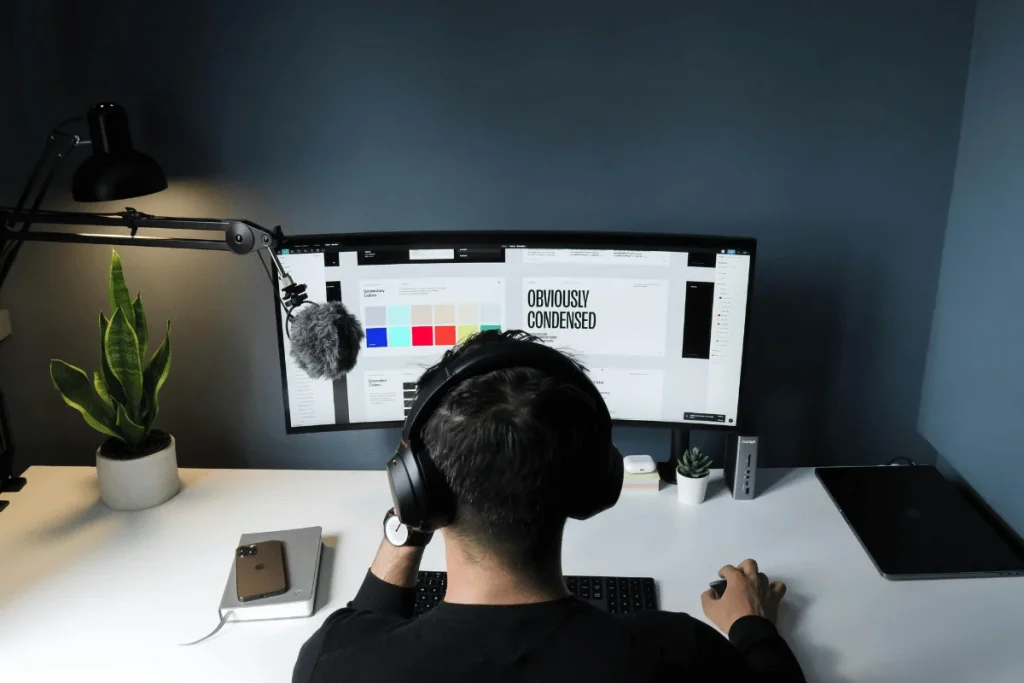
Frequently Asked Questions (FAQs)
If you have more queries about leveraging private podcasts for new product launches, here are some commonly asked questions.
How Long Should a Private Podcast Series Be for a Launch?
The ideal length of a private podcast series for a launch depends on your content and audience engagement goals. A concise series of 3 to 7 episodes is often effective, providing enough content to build anticipation without overwhelming listeners.
Each episode should be focused and valuable, keeping listeners engaged and eager for the next one.
Can You Automate a Private Podcast for Evergreen Launches?
Yes, automating a private podcast for evergreen launches is possible. Hello Audio lets you set up private podcast feeds that new subscribers can access at any time, making them ideal for evergreen funnels.
This automation ensures that fresh leads can consume your content without manual intervention, providing a consistent experience for new listeners.
What Platforms Host Private Podcasts Securely?
There are several platforms that offer secure hosting for private podcasts:
- Hello Audio: One of the best platforms out there as we specialize in private podcasting and offer features like password protection and unique RSS feeds.
- Transistor: Provides private podcast hosting with secure RSS feeds and subscriber management tools. However, its feature set is more generalized, which can make podcasts less intuitive for users focused solely on private podcasting.
- Podbean: Offers private podcast solutions with enterprise-level security and custom branding options. That said, its private podcasting features are part of a larger suite, which can feel overwhelming or less streamlined for solo creators or small teams.
These platforms ensure your content remains exclusive and protected, accessible only to authorized listeners.
How Do You Keep Private Podcast Listeners Engaged Till the End?
Maintaining listener engagement throughout a private podcast series is crucial. Here are some strategies:
- Plan Your Content: Think of a structured narrative or series that will keep your listeners hooked from start to finish.
- Vary Episode Formats: Incorporate different formats like interviews, storytelling, and Q&A sessions to maintain interest.
- Use Teasers: End episodes with teasers or cliffhangers that will make listeners crave more and eagerly for the next episode.
- Engage with Listeners: Make efforts to know your audience by asking them for their feedback, or you can also interact through surveys or discussion platforms. With this, you will be able to build a community around your podcast.
By implementing these strategies, you can keep your audience engaged and invested in your content throughout the series.
Conclusion
A private podcast is what you need to connect with your audience, build trust, drive excitement, and strengthen relationships that drive conversions. Podcasts are more than just sharing content; they create an exclusive space that makes listeners feel valued.
So, instead of speaking to the masses, you will engage the people most likely to become customers. Make your next launch unforgettable with a private podcast; it’s simpler than you think.
If you’re looking for a way to launch a private podcast, Hello Audio can help you.
Our platform is built for private podcasting, where you can repurpose your existing content into secure audio feeds. With features like personalized listener access, automatic feed delivery, and full control over who hears what, you can confidently share exclusive content with the right audience.
Make it simple and effective with us; try Hello Audio for free!

